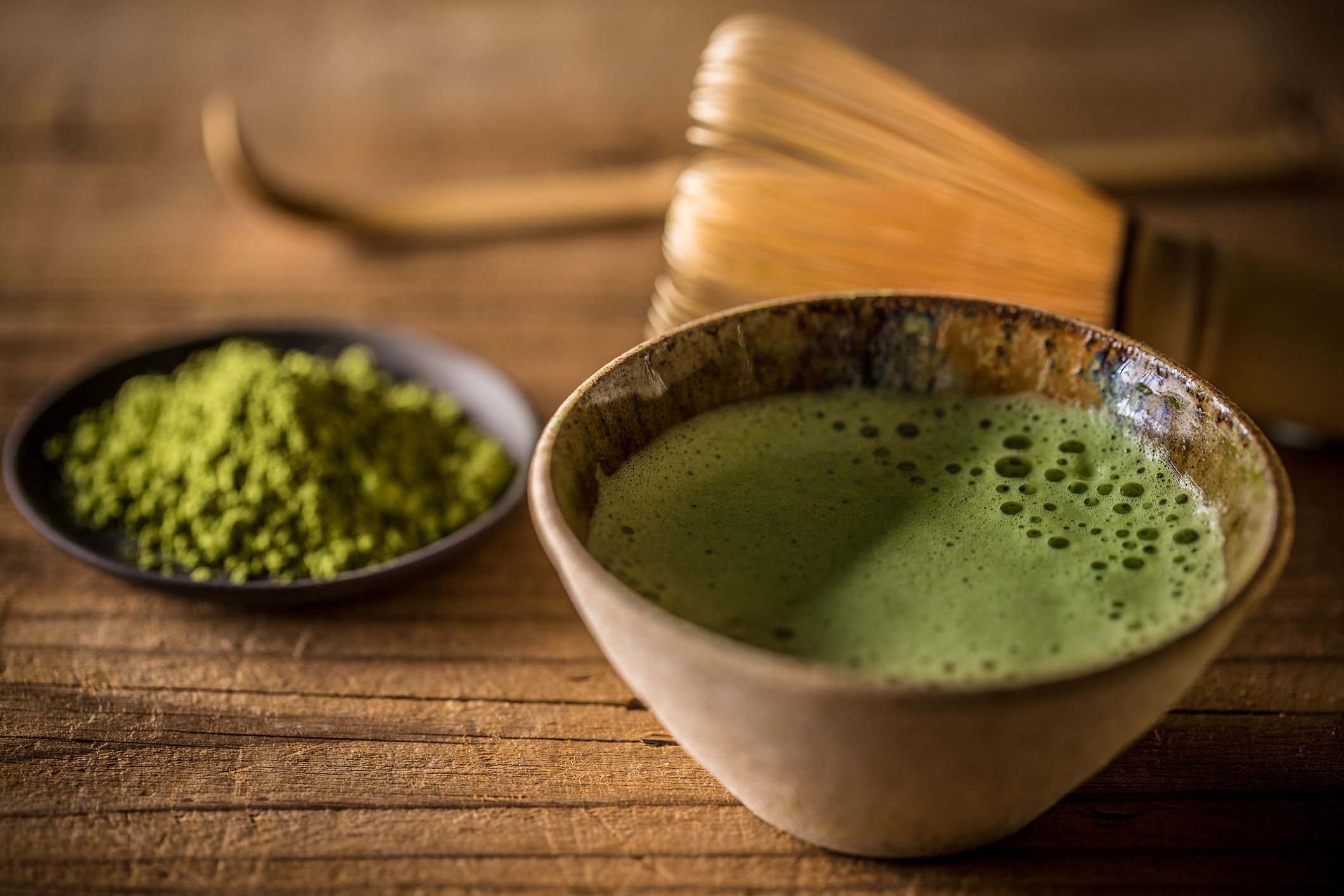- Kratom, scientifically known as Mitragyna speciosa, is a tropical evergreen tree native to Southeast Asia. It has been used for centuries in traditional medicine as a stimulant, analgesic, and mood enhancer. Kratom leaves contain active compounds called alkaloids, including mitragynine and 7-hydroxymitragynine, which interact with the opioid receptors in the brain.
- Kratom tea is one of the most popular ways to consume this herbal supplement. It involves brewing the leaves or powdered form of kratom in hot water, allowing the active compounds to be extracted and consumed as a beverage. The tea can be enjoyed hot or cold, and its effects can vary depending on the strain, dosage, and individual tolerance.
- When it comes to the safety of kratom tea, there is ongoing debate and limited scientific research available. While kratom has a long history of traditional use, its legal status and acceptance vary from country to country. In some places, it is classified as a controlled substance, while in others, it is available as an herbal supplement.
- Proponents of kratom tea claim various benefits, such as pain relief, mood elevation, increased energy, and relaxation. However, it’s important to understand that the effects can vary depending on the individual and the specific strain of kratom used. Some people may experience positive effects, while others may encounter negative side effects or risks.
- One of the concerns associated with kratom tea is its potential addictive properties. The active compounds in kratom interact with the opioid receptors, which can lead to physical dependence and withdrawal symptoms with prolonged use. Regular users may find it challenging to stop using kratom without experiencing withdrawal effects such as irritability, insomnia, muscle aches, and anxiety.
- Another safety concern with kratom tea is the potential for overdose. While kratom itself is rarely associated with fatal overdoses, consuming large amounts can result in adverse effects such as nausea, vomiting, dizziness, respiratory depression, and even seizures. It is crucial to follow dosage guidelines and avoid excessive use.
- Moreover, the purity and quality of kratom products can vary significantly. Adulteration of kratom products with other substances, including opioids, has been reported in some cases. This underscores the importance of obtaining kratom from reputable sources and ensuring its purity through third-party testing.
- Kratom tea may also have interactions with other drugs or medications. The alkaloids in kratom can affect liver enzymes involved in drug metabolism, potentially altering the effects or toxicity of other substances. It is essential to consult with a healthcare professional before consuming kratom if you are taking any medications.
- Furthermore, kratom use during pregnancy has raised concerns. There is limited research on the effects of kratom on fetal development, and its safety for pregnant women is not well understood. It is generally recommended to avoid kratom use during pregnancy and while breastfeeding.
To minimize the potential risks associated with kratom tea, it is crucial to approach its use responsibly. Here are some guidelines to follow:
- Research and educate yourself: Learn about kratom, its strains, and potential effects. Understand the legal status and regulations surrounding its use in your region.
- Purchase from reputable sources: Ensure you obtain kratom products from trusted vendors who provide lab testing results to guarantee purity and quality.
- Start with a low dosage: Begin with a small amount of kratom and assess your body’s reaction. Gradually increase the dosage if needed, but always stay within recommended limits.
- Avoid mixing with other substances: Do not combine kratom with alcohol, prescription medications, or other drugs, as it may lead to unpredictable effects or adverse reactions.
- Take breaks and monitor usage: Avoid daily or excessive use of kratom. Periodically assess your kratom intake and consider taking breaks to prevent tolerance, dependence, and potential withdrawal symptoms.
- Listen to your body: Pay attention to how your body reacts to kratom tea. If you experience any adverse effects, discontinue use and consult a healthcare professional.
- Stay informed: Keep up with the latest research and news on kratom to stay informed about any developments, potential risks, or regulatory changes.
- In conclusion, kratom tea is a popular method of consuming kratom, an herbal supplement with potential effects on pain, mood, and energy. However, its safety is a topic of debate, and caution should be exercised when using kratom products. It is important to be aware of the potential risks, including addiction, overdose, drug interactions, and questionable product quality. Responsible use, research, and consulting with a healthcare professional can help individuals make informed decisions about kratom tea and their overall well-being.
Latest posts by Crystal Kadir (see all)
- Ultimate Guide to the Best CBD Drops A Comprehensive Review By Plus CBD oil - August 28, 2024
- Exploring the Top CBD Gummies A Comprehensive Review By wild by Nature CBD - May 9, 2024
- What Is Kratom Tea, and Is It Safe? - July 17, 2023

